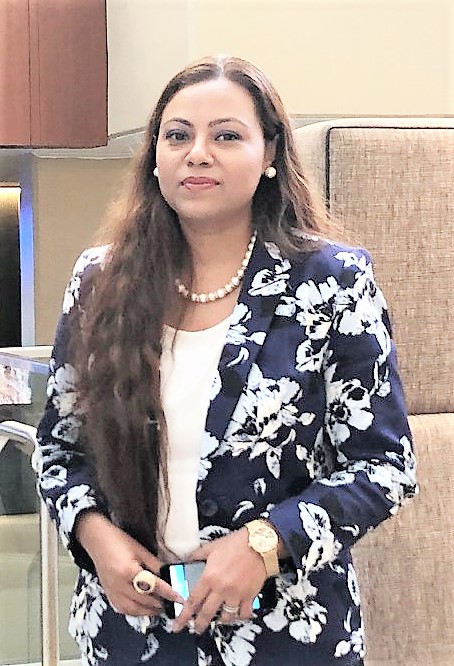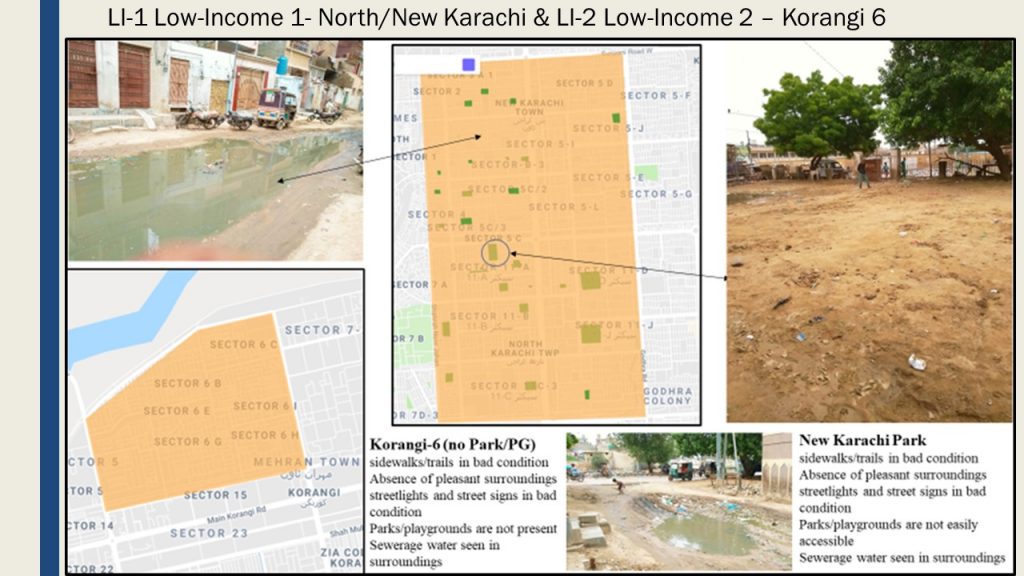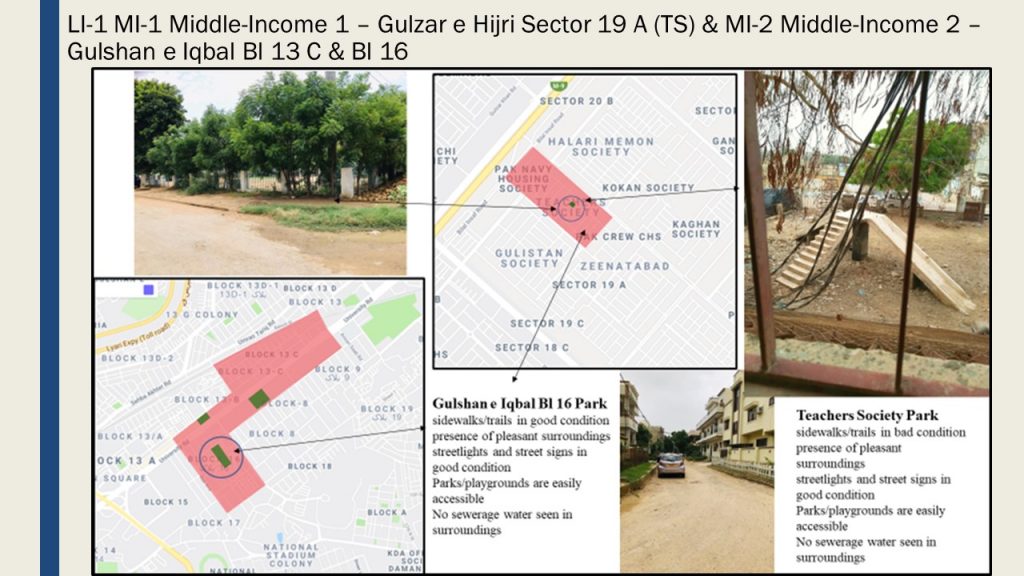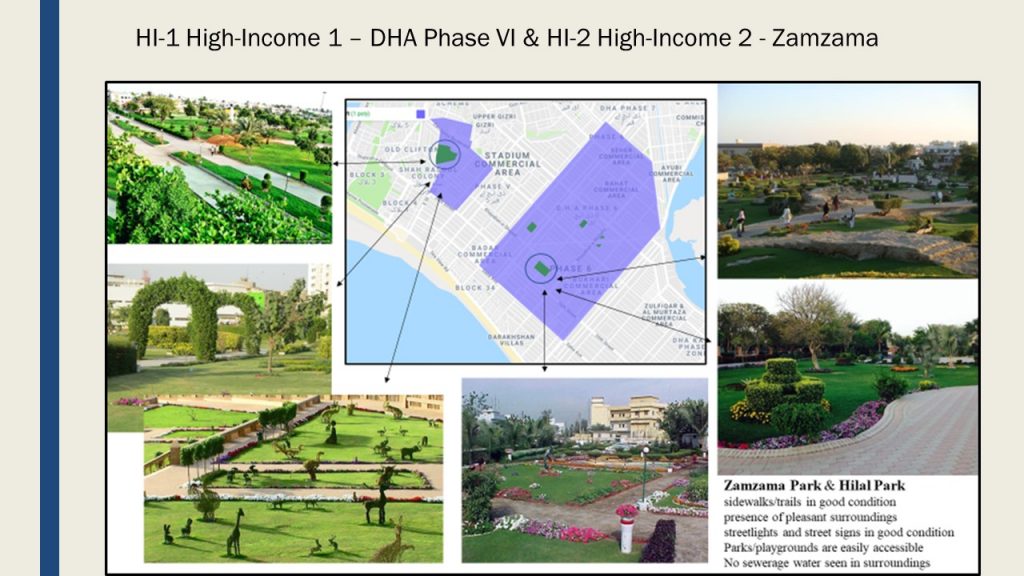ACSP Diversity Award Given to URP Doctoral Student
Afsheen Sadaf is the recipient of the Association of Collegiate Schools of Planning’s 2020 Marsha Ritzdorf Award for Best Student Work on Diversity, Social Justice and the Role of Women in Planning.
Women in developing countries such as Pakistan face unique challenges that are not well understood. Photo by kanwar Taimoor on Unsplash.
October 3, 2020
Since 1998, the Marsha Ritzdorf Award for the Best Student Work on Diversity, Social Justice and the Role of Women in Planning has been given annually to an outstanding recipient by the Faculty Women’s Interest Group (FWIG) of the Association of Collegiate Schools of Planning (ACSP). ACSP is a consortium of over 100 planning degree programs in North America.
The award recognizes superior scholarship reflecting concern with making communities better for women, people of color, and/or the disadvantaged. It is given in honor of Marsha Ritzdorf, who researched the social implications of land use and raised awareness of the connections between social policy and planning.

The recipient of the 2020 Marsha Ritzdorf Award is Afsheen Sadaf. She is a PhD Program student with concentration in Urban and Regional Planning. Her doctoral committee is Dr. Timothy Murtha, Dr. Christopher Silver, and Dr. Emre Tepe.
Afsheen’s primary focus of research is on socioeconomic, cultural, religious and gender implications of health-related disparities found in the built environment that contribute to increase in overweight and obesity rate in developing and developed countries.
In many developing countries, women face all kinds of different challenges which are not very much known by the rest of the world.
Afsheen was recognized for her study, “The Role of Built Environment, Personal, Religious, Cultural and Socioeconomic Factors in Increasing Overweight and Obesity Rate in Women vs. Men: A Case Study of Karachi, Pakistan.”
The study statistically compared the social impacts of the built environment in six Karachi neighborhoods representing low, middle, and high income levels. The Award Selection Committee noted, “The findings suggest a strong link between neighborhood conditions and obesity and that neighborhoods with low socioeconomic status are unjustly treated through poor upkeep and lack of investments, but that these conditions also interact with different household and gender characteristics.”
She takes a comprehensive approach to understanding women’s unique needs and barriers to physical activity.
Afsheen will present her study at a special Student Award Paper Session during the ACSP Annual Conference in November. Congratulations Afsheen!
Excerpts from “The Role of Built Environment, Personal, Religious, Cultural and Socioeconomic Factors in Increasing Overweight and Obesity Rate in Women vs. Men: A Case Study of Karachi, Pakistan“:


